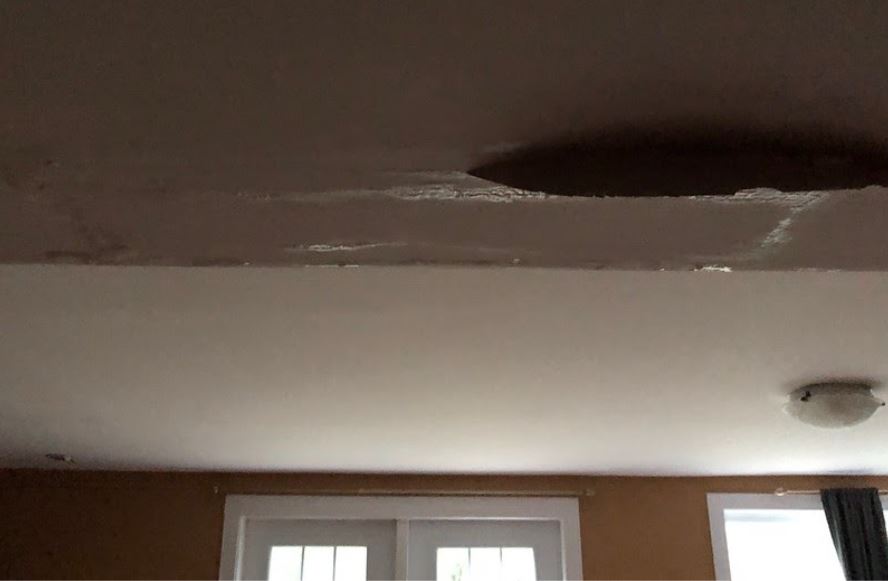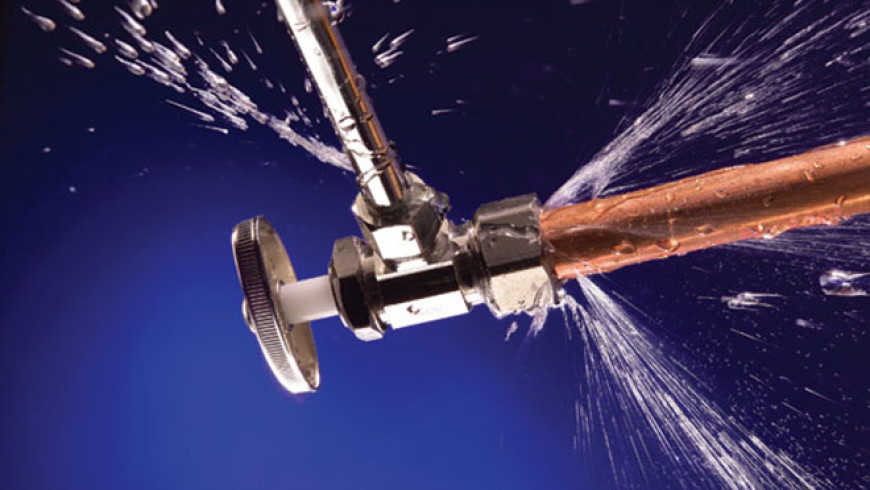The Home's Most Frequent Causes of Leakage: In-Depth Analysis
The Home's Most Frequent Causes of Leakage: In-Depth Analysis
Blog Article
What are your beliefs about Common Water Leaks In House?

Leaks not just cause waste of water but can likewise trigger unneeded damages to your house and also advertise undesirable organic development. Water leaks may go unnoticed because most of the pipework in our house is concealed. By looking as well as comprehending for daily situations that create leakages, you can protect your residence from future leakages as well as unneeded damage. Today, we will look at six leakage triggers that may be creating your pipelines to drip.
Trespassing roots
Many water leakages begin outside the home rather than inside it. You may see damp patches or sinkholes in your backyard, and that might suggest that tree origins are attacking water lines causing water to permeate out.
Corroded water supply
As time goes by, your plumbing system ages as well as rust such as rust might start gnawing the pipes. This could be the source of staining or warping on your pipes. This asks for an inspection with your plumber right away. If our plumbing system is old, take into consideration replacing the pipes because they go to a greater risk of deterioration than the newer designs.
Faulty Pipeline Joints
The point at which your pipes link is frequently the weakest link in the waterline. Pipe joints can deteriorate gradually, leading to water leakages. Unfortunately, most of pipeline joints are not quickly visible. If you have loud pipes that make ticking or banging sounds, particularly when the warm water is turned on, your pipeline joints are possibly under a great deal of pressure. It is a good idea to have your plumber inspect your system once a year.
Instantaneous temperature adjustments.
Extreme temperature adjustments in our pipes can trigger them to increase and also get suddenly. This growth and contraction may create cracks in the pipes, specifically if the temperature level are below freezing. If you maintained an eye on how your plumbing functions, it would certainly be best. The visibility of the formerly mentioned conditions frequently shows a high risk.
Poor Water Connectors
At times, a leakage can be caused by loose tubes as well as pipes that supply your devices. In instance of a water links leak, you might observe water running directly from the supply line or pools around your devices.
Blocked Drains
Obstructed drains pipes may be aggravating as well as inconveniencing, but they can sometimes end up causing an overflow leading to rupture pipelines. Keep getting rid of any kind of products that may decrease your drains pipes that might obstruct them to avoid such troubles.
All the above are causes of leakages yet not all water leaks result from plumbing leakages; some leakages could come from roof covering leakages. All leaks should be repaired right away to avoid water damage.
Leaks not just create waste of water but can likewise create unnecessary damages to your house and also promote undesirable organic growth. By recognizing and also looking for day-to-day scenarios that create leaks, you can safeguard your house from future leaks and also unneeded damages. Today, we will look at 6 leak creates that might be causing your pipes to trickle.
At times, a leakage can be created by loose tubes and pipes that supply your appliances. In instance of a water connections leak, you may see water running directly from the supply line or puddles around your devices.
How To Check For Water Leak In Your Home
How To Check for Leaks
The average household's leaks can account for nearly 10,000 gallons of water wasted every year and ten percent of homes have leaks that waste 90 gallons or more per day. Common types of leaks found in the home are worn toilet flappers, dripping faucets, and other leaking valves. These types of leaks are often easy to fix, requiring only a few tools and hardware that can pay for themselves in water savings. Fixing easily corrected household water leaks can save homeowners about 10 percent on their water bills.
To check for leaks in your home, you first need to determine whether you're wasting water and then identify the source of the leak. Here are some tips for finding leaks:
Take a look at your water usage during a colder month, such as January or February. If a family of four exceeds 12,000 gallons per month, there are serious leaks.
Check your water meter before and after a two-hour period when no water is being used. If the meter changes at all, you probably have a leak.
Identify toilet leaks by placing a drop of food coloring in the toilet tank. If any color shows up in the bowl after 10 minutes, you have a leak. (Be sure to flush immediately after the experiment to avoid staining the tank.)
Examine faucet gaskets and pipe fittings for any water on the outside of the pipe to check for surface leaks.
Undetected water leaks can happen without the home or business owner even realizing. If you suspect a water leak, but not able to find the source. It is time to contact a professional water leak detection service, The Leak Doctor.
How To Find a Water Leak In Your Home
https://www.leakdoctor.com/blog/How-To-Check-For-Water-Leak-In-Your-Home_AE197.html

We had been made aware of that write-up on Common Water Leaks In House from an acquaintance on another web blog. Are you aware of someone else who is fascinated by the subject? Why not share it. Many thanks for taking the time to read it.
Secure your home, ring now. Report this page